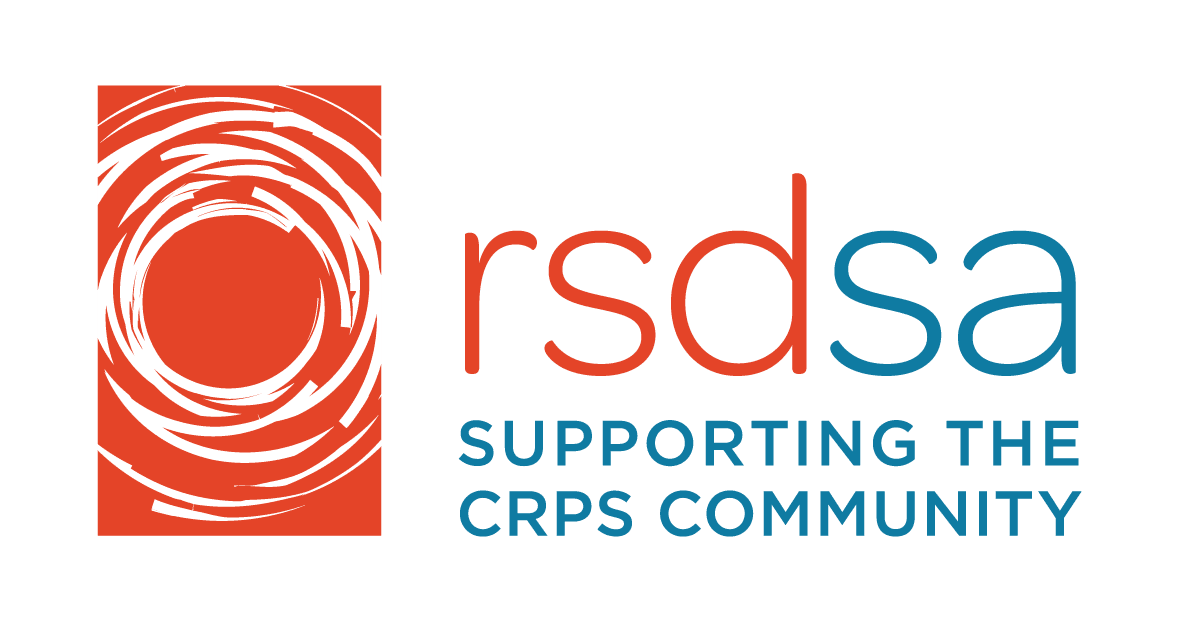Written by Melissa Wardlaw for the RSDSA blog.
Even before I watched Take Care of Maya, I knew the subject matter. I had read several articles about it, including “People” magazine, which presented Maya’s case as the cover story in June 2023. I was not, however, prepared for the utter shock and horror of what Maya and her family endured in 2017. The documentary left me heartbroken, angry, sad and frankly at a loss for words as I observed just how broken and uneducated our healthcare system is when dealing with rare and complex chronic invisible illnesses and pain.
Maya, a mere child (9-yrs old when she was diagnosed with CRPS by a world-renowned CRPS Specialist), was in excruciating pain for which her physician ultimately recommended a ketamine coma – which helped! A year later, Maya’s pain came back in full force and she was taken to Johns Hopkins All Children’s Hospital.
In short, Maya’s mother (Beata) was unjustly accused of suffering from Munchausen Syndrome by Proxy (MSP) by a medical director there. MSP is a mental disorder wherein parents (usually the mother) of a child with rare and complex (mostly invisible) diseases either create fake symptoms or cause real symptoms to make it appear that the child is sick.
Yes, that’s right! Despite a CRPS diagnosis from a reputable physician, Beata was falsely accused of medical child abuse of her own daughter; subsequently the hospital “medically kidnapped” and took custody of Maya. Her mother was not allowed to see her and could only speak to her via phone on limited occasions and under strict supervision. Maya’s father Jack (and her brother) were allowed only short visits at the hospital.
After 87 days of Maya being in state custody and Beata fighting for Maya, Beata sadly took her own life to pave the way for her daughter to get back to her father and brother and get the treatment she desperately needed to treat her CRPS. Five days later Maya was returned to her home, albeit without her beloved mother, yet still with CRPS.
Just like Beata on behalf of Maya, most of us who live with CRPS (and other invisible complex chronic illnesses and pain) have been judged unfairly, scrutinized, told the pain is “all in our heads,” given “the look” or been questioned as to how the pain and symptoms can be that bad when we appear relatively “normal” or are able to do such and such a task?
Well, I’m here to tell you the pain of CRPS IS that bad. According to the McGill pain scale, it is the most severe form of chronic pain there is and also known as the “suicide disease.” Like most parents who have children with rare diseases, Beata was simply fighting and advocating for her young daughter who was suffering in unrelenting pain only to be punished for it. What would you do for your child? What, if anything, should Beata have done differently? WHY did this have to happen?
There are too many distressing clips in the film to discuss, however this is for sure – Beata, a nurse by profession, was a fierce advocate and documented everything as we are taught to do living with a complex, rare and misunderstood (mostly invisible) disease with symptoms and pain that defy logic. Her detailed documentation (including recorded phone calls) and exasperation is shown in the documentary and paints a disturbing picture of the manipulative case workers and “medical professionals” who were out to make things even more difficult for this family and for young Maya, who was fighting for her life and needed her mother.
In the final court hearing before her death, Beata asked if she could hug her daughter – a simple request which was denied. Maya would never get that hug and would never see her mother alive again.
As an adult with CRPS (and multiple other medical issues), my mother has been my rock. Throughout my diagnosis and in fact, all these years later, I would not be here without her unwavering support, unconditional love, selfless caregiving and advocacy. The hospital and Dr. Sally Smith, with her false allegations, took something away from Maya that is irreplaceable – a lifetime of mother’s love and compassion. It angers me to my soul for Maya and her family and every family and patient with a complex disease that has had to go through something similar at the hands of power hungry and uneducated physicians, who, instead of fulfilling their Hippocratic Oath to “do no harm,” they in fact do the opposite.
After Maya was released back to her father and brother, Maya’s diagnosis of CRPS was confirmed by a separate CRPS physician. According to reports, Maya still has CRPS and will always have it as it is incurable, although she is doing much better. We can only hope her family now gets the justice they deserve in a $220M lawsuit filed against the hospital (and other parties) set for trial in September 2023. The family has already settled with the accusing physician for $2.5M.
My deepest sympathies and condolences go out to Maya and the Kowalski family. For more information about Maya’s case, please see the “People” magazine article here. For additional information on CRPS please visit: rsds.org. If you are experiencing suicidal thoughts, please contact the Crisis Text Line by calling 988 or texting “START”(741741).
Did this post resonate with you? Do you have questions or would you like to learn more about this topic?
Please reach out to the RSDSA team directly and privately using our form and we'll get back in touch with you as soon as possible!
